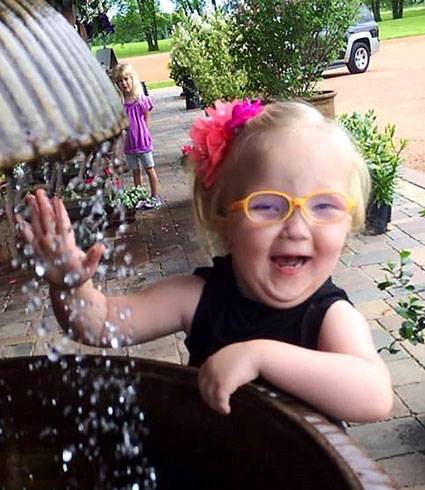-
{care_team_members status="Open|hide from care team page"}
-

{care_team_members:ct_first_name} {care_team_members:ct_last_name}
{care_team_members:ct_full_title}
{/care_team_members}
person:channel_short_name: {person:channel_short_name}
person:
title: {person:title}
-
{links}
{/links}
No category selected to display locations. Locations Dynamic
-
{locations}
- {locations:title} {/locations}
-
{widget}
{widget:widget_content}
- {widget:widget_content:tab_title} {/widget:widget_content} {/widget}
Rejoice – cool temps are (hopefully) subsiding and time has officially sprung forward for those of us in daylight savings. That’s right, spring is in the air and summer isn’t too far off in the minds of many. To the delight of parents, children are back outdoors cruising through parks and neighborhoods in shorts and T-shirts. Before families get into the full swing of summer, however, it’s a good time for parents to review safety measures to keep their children safe.
“Encouraging our children to go outside and play is paramount to their health. The benefits of that exercise far outweigh any safety concerns parents may have,” says Mark Gormley, M.D., a pediatric rehabilitation medicine specialist at Gillette Children’s. “While it’s impossible to live in a bubble and completely avoid accidents, there a few simple precautions that can help prevent the vast majority of injuries.”
 The following tips should help parents prevent their child from harm, and more importantly, curb severe injuries such as concussions – or even worse, traumatic brain injuries, Gormley says.
The following tips should help parents prevent their child from harm, and more importantly, curb severe injuries such as concussions – or even worse, traumatic brain injuries, Gormley says.
- Always wear a helmet. Make sure kids strap on a helmet if they’re biking, skateboarding or riding an all-terrain vehicle (ATV).
- Monitor and prevent contact. Watch for rough play in sports like basketball, volleyball, football and baseball. If kids start getting wild, tell them to ease up.
- Stick to skill level. If it’s your child’s first time on a skateboard, make sure they aren’t attempting daredevil tricks at the skate park. New swimmers should avoid acrobatic flips off of the high-dive.
- Keep a watchful eye. Use common sense – whether it’s making sure a parent is on-hand while kids are playing to making sure toys are in good working order before use.
- Take a break. Use the time to cool off, rest achy muscles and stay hydrated. Fatigue can lead to unnecessary accidents.
If a child does bump their head, it’s important to keep a close eye on them for any symptoms of brain injury, Gormley says. If parents notice any abnormal symptoms such concentration problems, headache, loss of memory, dizziness or ringing in the ears, they should immediately schedule an appointment with a health care provider. For more serious cases, parents should take the child to the emergency room or call 911.



